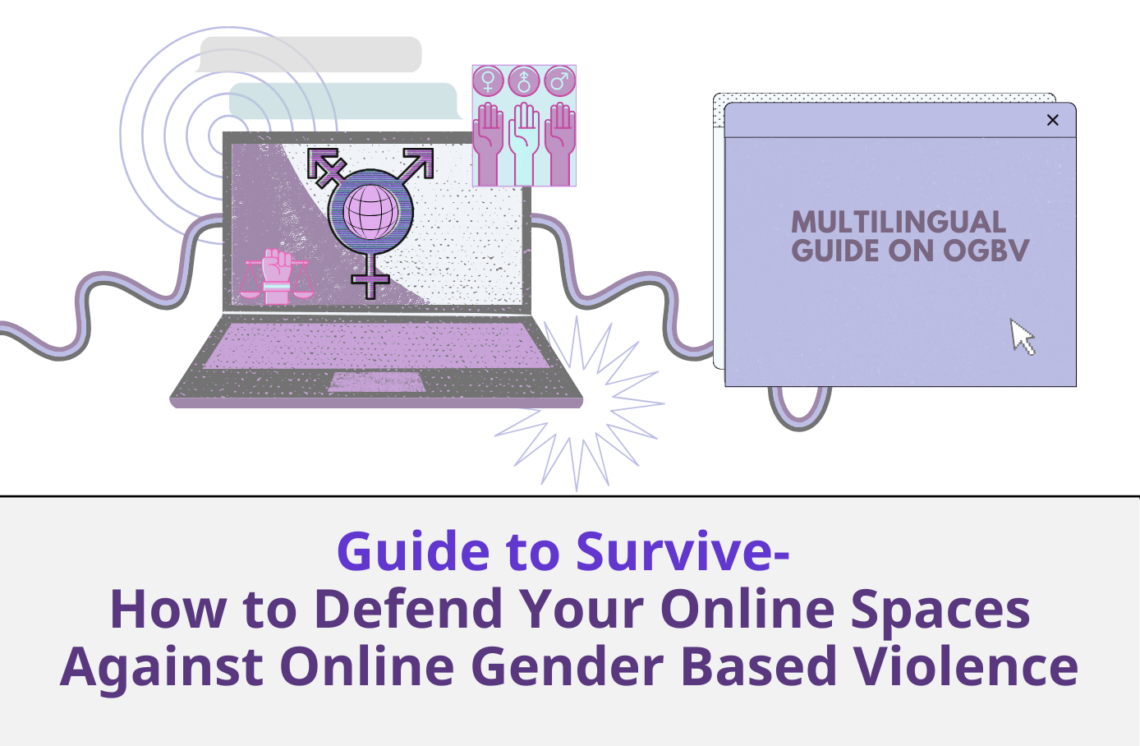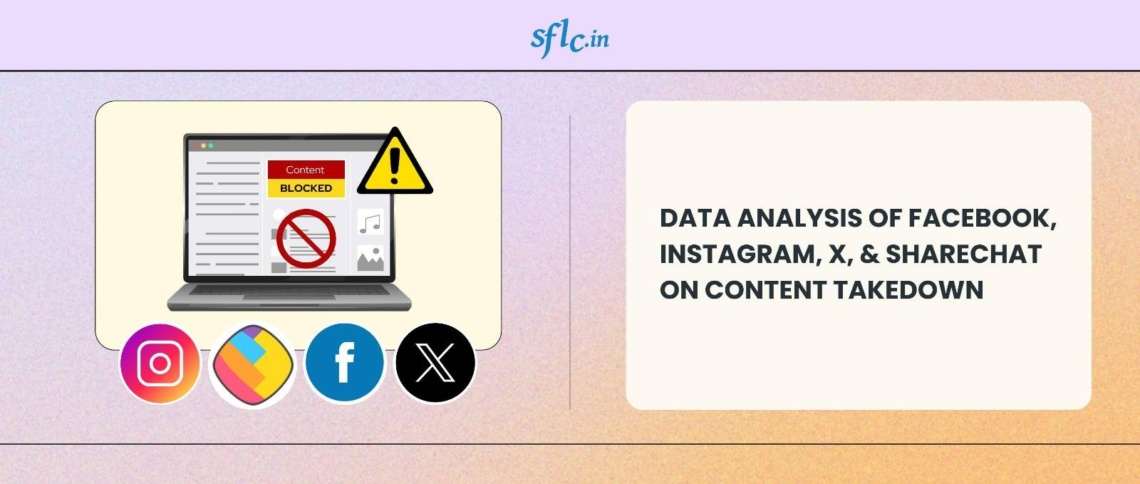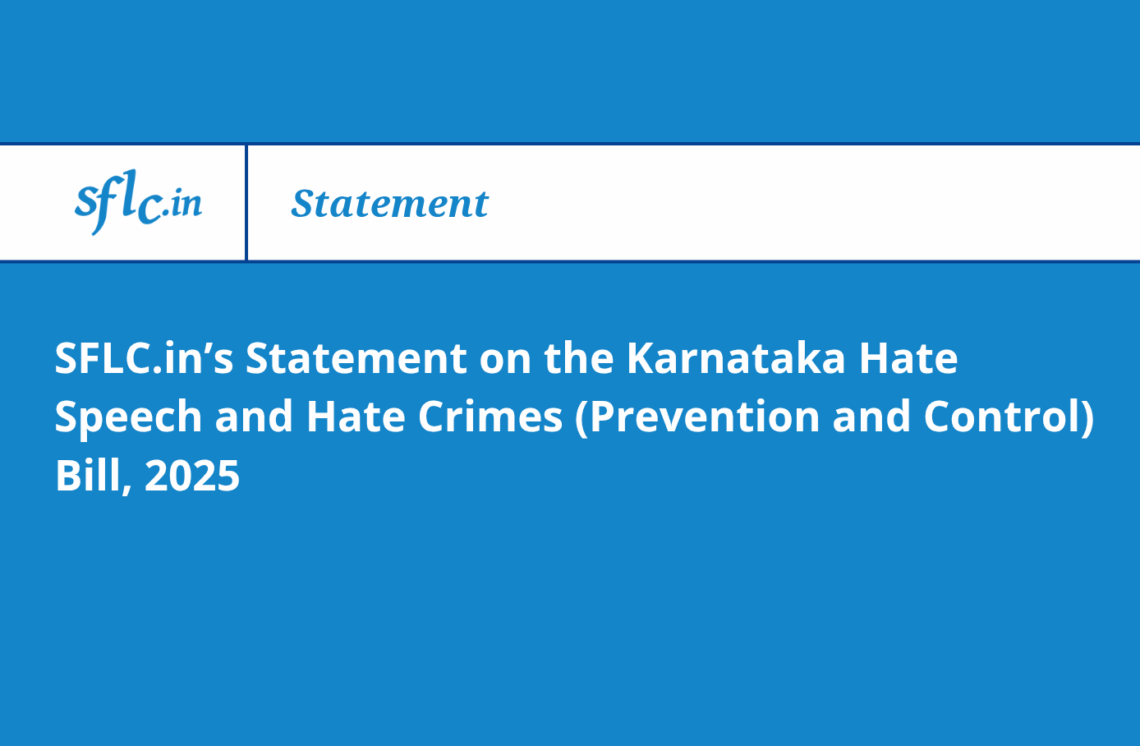Online Gender Based Violence (OGBV) refers to the disproportionate harms meted out against people of a certain gender identity, commonly women. Globally, it has been estimated that almost 1 in 3 women have been subject to at least 1 violent incident in their life1. With increased network penetration, the online sphere has grown into a space where online violence against women has seen a rapid escalation. Amongst this, specific groups of women, working in human rights, journalism, and politics, and as activists and academics, experience a higher rate of violence2.
OGBV encompasses a wide range of offences: cyberbullying, online harassment, sextortion, non-consensual sharing of intimate images, targeted abuse (which may b defamatory), and so on. On platforms such as X (formerly known as Twitter), Facebook, and Instagram, women are often subject to a barrage of demeaning, violent and threatening comments. In recent times, we have also seen this take new form, with prominent actors’ images being digitally manipulated without their consent and posted online, and re-opening this continuing conversation about how we can adequately prevent such harms from permeating any further. The government issued an advisory to these platforms shortly after the incident, stating that they must ensure that content of this nature is removed within 36 hours of reporting. The incident also ignited calls for regulation of AI generated content and misinformation, and highlights the need for more proactive steps to address these new and nefarious forms of OGBV coming to the fore.
At present recourse is available under the Indian Penal Code, 1860 and the Information Technology Act, 2000, whereby any person subject to OGBV on any platform can report the content to the platform itself, and thereafter the grievance appellate committee (GAC), and can also file a complaint on the national cybercrime portal, or file an FIR to take action against these offences. However, the process can be long and arduous, and without adequate support, may not produce the outcome we need. It has been reported that in our country, 99% of reported cases relating to gender based violence fall through3. A lack of awareness, institutional support and poor access to healthcare have had a detrimental impact upon survivors, who find themselves braving an uphill battle to seek justice.
We need to recenter our focus on survivors of such incidents, and the nature of systemic and community level shifts that are required to enable a less burdensome and psychologically taxing process for seeking justice. Clarity on pathways to redressal is key, for there may be a lack of awareness about the manner of approaching the authorities, professionals who can support them, and other avenues of support through this process.
3https://pulitzercenter.org/projects/indias-struggle-toward-health-care-survivors-gender-based-violence




